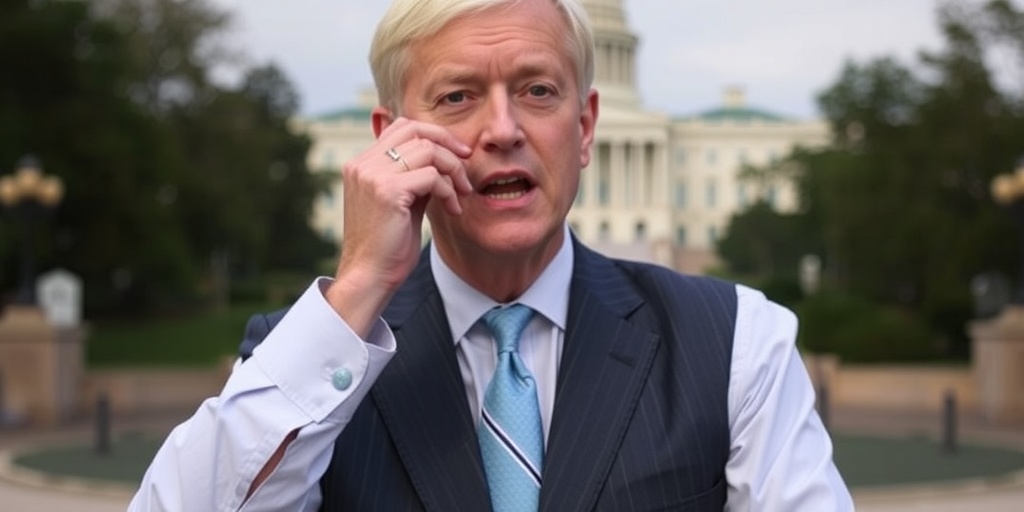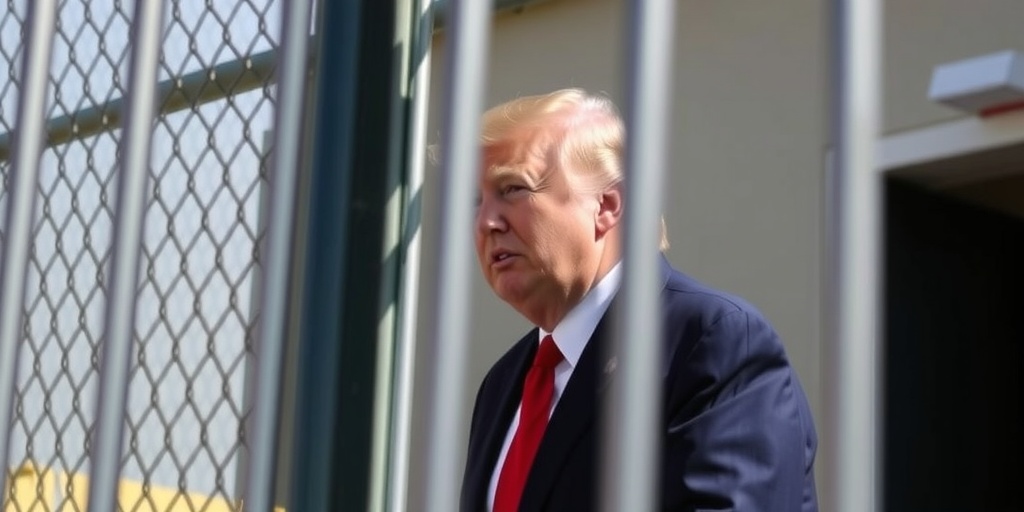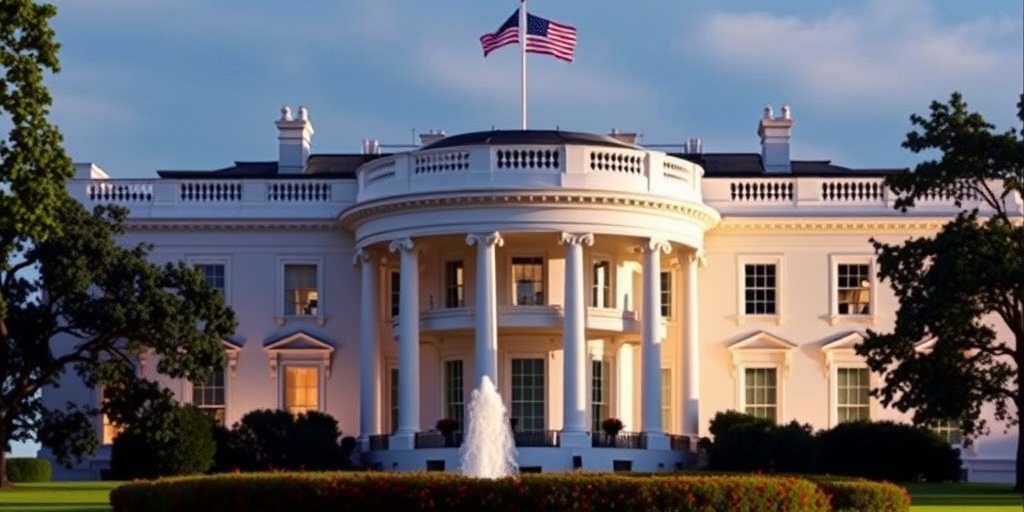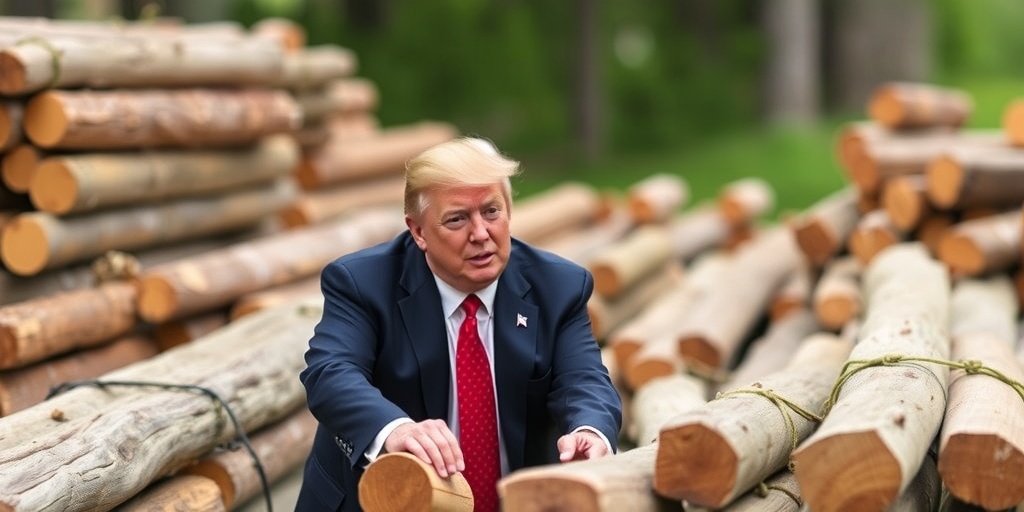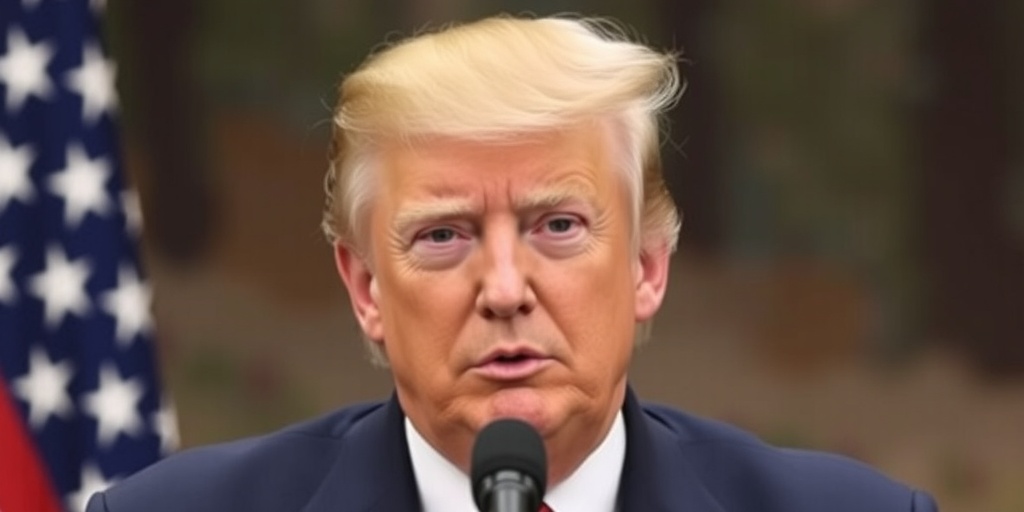Now Reading: Trump’s Complex Affection for Canada: A Love-Hate Dynamic
-
01
Trump’s Complex Affection for Canada: A Love-Hate Dynamic
Trump’s Complex Affection for Canada: A Love-Hate Dynamic
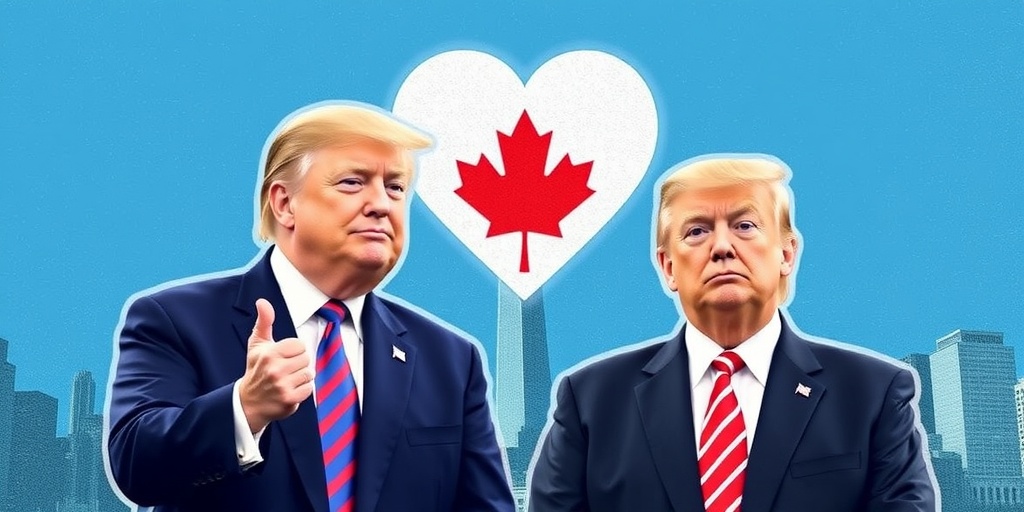
Trump’s Hostility Towards Canada: A Political and Personal Saga
In the realm of international relations, few dynamics have been as intriguing—and contentious—as that of President Donald Trump’s relationship with Canada. Various theories have emerged attempting to explain Trump’s unusual animosity towards the northern neighbor, whose citizens pride themselves on being “nice.” Some speculate that Trump harbors grudges stemming from failed business ventures in Canada, or from a notable 2019 incident where a photograph captured Canadian Prime Minister Justin Trudeau poised to kiss First Lady Melania Trump during a G7 meeting in France. This moment allegedly left Trump feeling slighted and bitter.
Another perspective suggests that Trump’s view of Canada as potential territory for annexation—essentially the 51st state—stems from a transactional mindset. For him, such an acquisition could represent the ultimate real estate triumph that would cement his legacy. As tariffs loom overhead, Trump’s disdain for Canada has become glaringly apparent, creating political turmoil and uncertainty in a country that traditionally enjoys amicable relations with the United States.
Economist Stephen Moore, who served as an advisor to Trump, remarked, “I can’t quite figure it out. Whether it’s some kind of strategic leverage, I don’t know,” referring to the complicated dynamics between Trump and Trudeau. Moore noted that there is "no love lost" between the two leaders and added, “With Trump, politics is personal.” Currently, Trump is pushing for steep tariffs—up to 25 percent—on imports from both Canada and Mexico unless they take more stringent measures to curb migration and drug trafficking.
In the face of Trump’s aggressive rhetoric, Canada has found itself in uncharted waters. The relationship between Trump and Trudeau starkly contrasts the close bond Trudeau had with former President Barack Obama, which was characterized by cooperation and mutual support. Following a tense G7 summit in 2018, where Trump publicly scorned Trudeau on social media for being “very dishonest and weak,” the diplomatic relationship continued to deteriorate.
Moreover, Trudeau himself has weighed in on the motives behind Trump’s fixation with Canada. In a candid moment captured by a microphone, he suggested that the Trump administration’s interest in Canada’s rich resources might be key to understanding their behavior. Trudeau claimed, “They’re very aware of our resources… and they very much want to be able to benefit from those.” This statement underscores a fear that the United States could have larger ambitions regarding Canada’s natural wealth, further complicating bilateral relations.
Indeed, Trump’s entrepreneurial history with Canada hasn’t been all sunshine and rainbows. His ventures, including a Toronto hotel and a condo project, both faced significant challenges and ultimately failed. These negative experiences have contributed to the negative sentiment that shapes his views about the country. Following the setbacks in those projects, his interactions with Canada have become loaded with contempt, culminating in accusations of dishonesty directed at Trudeau.
In recent weeks, as Trump has ramped up his threats of tariffs and called Trudeau derogatory names, Canadian nationalism has surged. Canadian citizens, spurred on by Trump’s hostile policies, have become increasingly patriotic, even establishing “Made in Canada” groups on social media to promote local products. Canadians are comparing notes on various goods and supporting national brands as a response to perceived American hostility.
Ira Wells, a University of Toronto professor, noted, “There’s a generalized sense of patriotism that has not been evident in Canada in many years in response to Trump and Trump’s hostility.” The galvanized response from Canadians is a notable shift from the traditionally staunch appreciation their citizens have for American culture.
Despite the increased nationalism in Canada, Trump appears undeterred, indicating that the U.S. could thrive independently without Canadian imports. At a recent cabinet meeting, he pontificated on Canada’s reliance on American military protection and favorable trade agreements, proclaiming, “It’s not fair for us to be supporting Canada—If we don’t support them, they don’t subsist as a nation.” His comments reflect a condescending view of Canada that many Canadians strongly refute.
As the current political landscape develops, the ramifications of Trump’s approach to Canada are likely to continue influencing both nations. The complexity of their relationship—a blend of personal grievances, political maneuvering, and economic policies—ensures that this saga will evolve, keeping both countries on edge about what the future holds. The contrast between Trump’s transactional worldview and Canada’s vision of cooperative democracy could make future interactions equally fraught and contentious.
Stay Informed With the Latest & Most Important News
Previous Post
Next Post
-
 01New technology breakthrough has everyone talking right now
01New technology breakthrough has everyone talking right now -
 02Unbelievable life hack everyone needs to try today
02Unbelievable life hack everyone needs to try today -
 03Fascinating discovery found buried deep beneath the ocean
03Fascinating discovery found buried deep beneath the ocean -
 04Man invents genius device that solves everyday problems
04Man invents genius device that solves everyday problems -
 05Shocking discovery that changes what we know forever
05Shocking discovery that changes what we know forever -
 06Internet goes wild over celebrity’s unexpected fashion choice
06Internet goes wild over celebrity’s unexpected fashion choice -
 07Rare animal sighting stuns scientists and wildlife lovers
07Rare animal sighting stuns scientists and wildlife lovers













